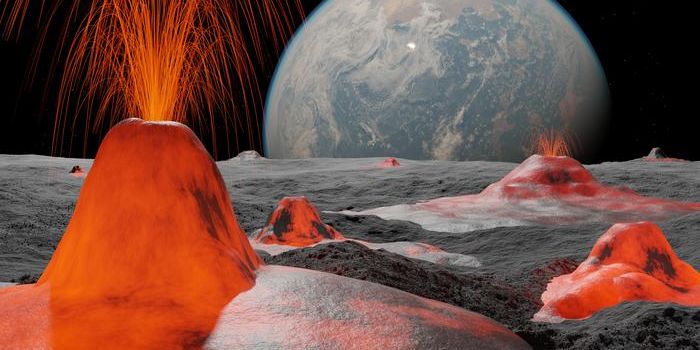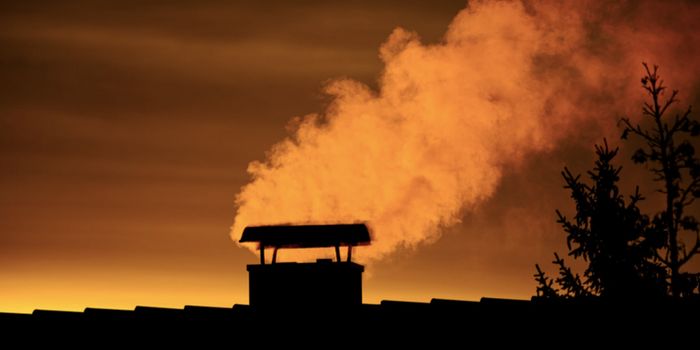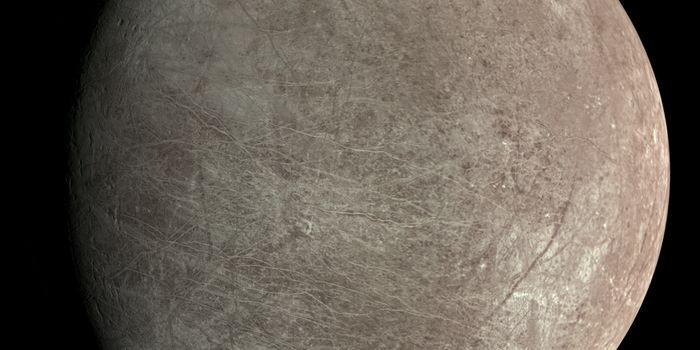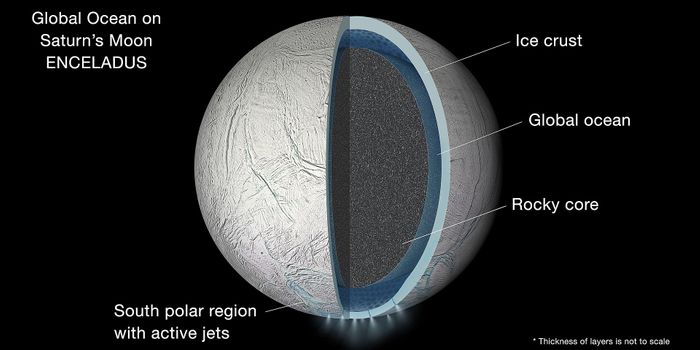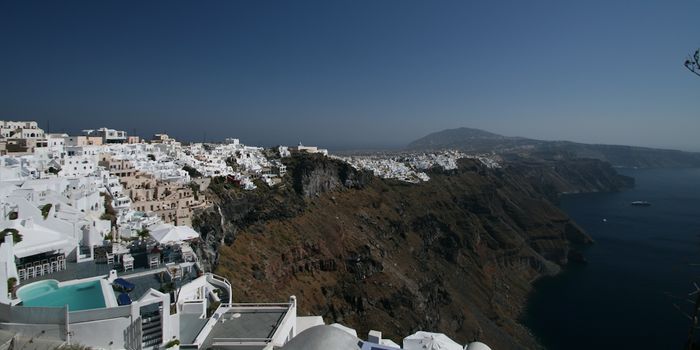The Ecological Impact of Wind Energy
In a recent study published in Biological Conservation, an international team of researchers led by UC Santa Cruz examined the pros and cons of offshore wind energy development (OWED), which holds the potential for mitigating future risks of this renewable energy source. While the researchers note that OWED poses contributions to renewable energy, there are still risks to marine environmental wildlife, specifically to seabirds.
"We all want wind energy, but we also want to make sure it can be sustainably produced," said Dr. Donald Croll, who is a professor of ecology and evolutionary biology at UC Santa Cruz, and the lead author of the study.
Aspen Ellis, who is a PhD student in Dr. Croll’s Conservation Action Lab and a co-author on the study, said that OWED funding can be allocated to mitigate the threats to seabird populations.
"This is a case where we have the data and the knowledge to make it work," said Ellis. "Seabirds breed in colonies, so their populations are concentrated there during the breeding season and conservation strategies can have a big impact. We have a suite of proven tools to increase seabird population sizes, as well as established methods that can predict the population-level impact of these different tools on each seabird species."
For the study, the researchers presented an elaborate plan for evaluating and reducing the risks posed to marine life from OWED. They note that marine birds “can be adversely affected by OWED through displacement due to avoidance or habitat alteration, or through direct mortality due to collision.”
"We've been studying these species for years, so we have a fair amount of information from surveys and tracking studies about what species are out there and where they go," said Dr. Croll. "We've also been developing population models that can be used to assess the impacts on seabird populations."
For next steps, Ellis will be applying the study’s outlined approaches for planned OWED on the West Coast, which has seen increased interest due to floating wind turbines.
Sources: Biological Conservation
As always, keep doing science & keep looking up!


